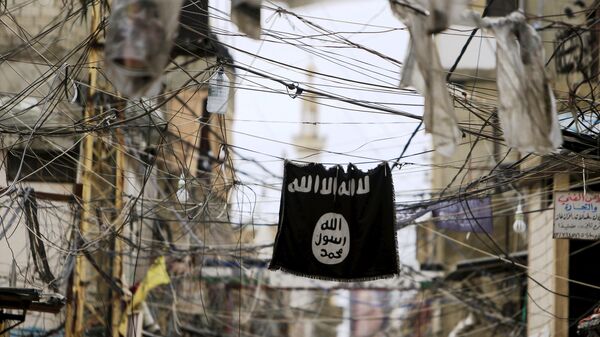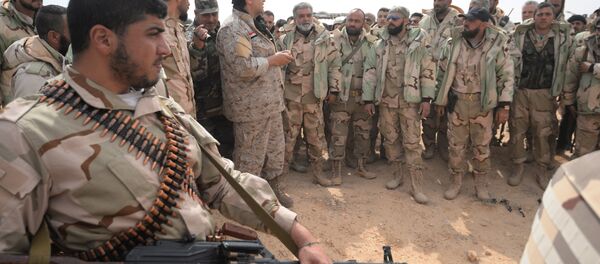First of all, the public doesn't realize that terrorism is rather a tactical technique than a certain number of people. Terrorists are taken for a group of "bad guys", and this implies that once they are destroyed, the problem is solved.
Another problem is that there's a tendency to associate terrorism with a certain organization like Al-Qaeda or Daesh. As soon as we hear these names, the image of a branching international organization emerges in our heads.
This way of thinking can be observed is US policy, Pillar noted. The politicians keep expanding anti-terror operations against self-proclaimed members of Daesh in Libya or Afghanistan. But in fact Daesh is just the most popular brand in the radical Sunni world, and it is being actively used by whoever participates in the power game.
"Where does such expansion stop?" the expert wonders.
Today it is Libya and Afghanistan, tomorrow the attention may be shifted to Somalia or Cote D'Ivoire or any other part of the world, if we hear of Daesh activity there.
Meanwhile, the militants in Afghanistan, for instance, calling themselves Daesh members, are in fact Taliban fringe group entangled in the race for power.
The aspiration to fight terrorism without taking into account its core will only lead to eternal war with Daesh and similar organizations, Pillar concluded.
The US declared the global War on Terror in 2001, driven by the attacks on September 11, and launched operation "Enduring Freedom" which continued until December 2014.
The US-led coalition of over 60 nations has been carrying out airstrikes against Daesh in Iraq since August 2014 and in Syria since September 2014




